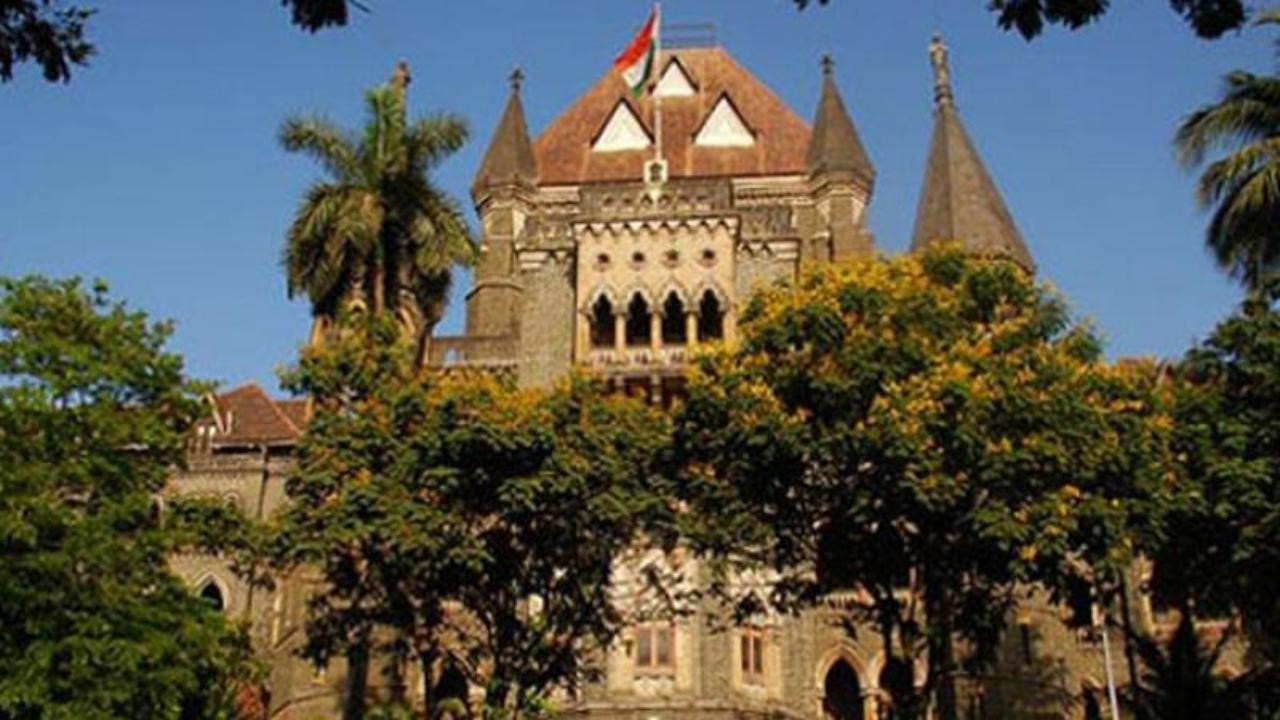The Bombay High Court Monday expressed its dissatisfaction with the approach taken by the Union government in dealing with a Russian woman's plea challenging the exit permit issued to her after she divorced her Indian husband.

File Photo
The Bombay High Court Monday expressed its dissatisfaction with the approach taken by the Union government in dealing with a Russian woman's plea challenging the exit permit issued to her after she divorced her Indian husband. The woman, who has remarried an Indian man and has a six-month-old daughter with him, claimed in her plea that she should not be separated from her child due to her nationality.
ADVERTISEMENT
The division bench of Justices Gautam Patel and Neela Gokhale emphasized that a woman who is nursing an infant should not be separated based on her nationality. The court criticized the government's lack of a humane approach, stating that the idea of considering all citizens suspect is not acceptable.
The local police had issued an exit permit to the woman in January 2023 on instructions from the Union Ministry of Home Affairs, with a requirement for her to leave the country by March. The woman approached the high court, which extended the time period of the exit permit.
The woman had previously been married to an Indian citizen and had obtained an X1 visa and an Overseas Citizenship of India (OCI) card. After their divorce, she married her current husband, who is Indian, and has an infant with him. She applied for the continuation of her OCI status based on her second marriage.
Also read: Weather update: IMD issues 'yellow' alert for Mumbai and Thane
During the hearing, the Centre's advocate argued that the impugned order was in accordance with statutory requirements and that the woman had not shown sufficient grounds to demonstrate special circumstances for applying for citizenship.
However, the court observed that the woman was not seeking the continuation of her OCI status after her divorce and highlighted the fact that she had remarried an Indian man. The court criticized the government's stance, stating that penalizing its own citizens for marrying someone of foreign origin was unjust. The court emphasized that it would not allow the separation of the mother and her six-month-old child.
The court continued the interim relief previously granted to the petitioner and requested an additional affidavit from the Centre. The matter was scheduled for further hearing on August 21. (With inputs from PTI)
 Subscribe today by clicking the link and stay updated with the latest news!" Click here!
Subscribe today by clicking the link and stay updated with the latest news!" Click here!







